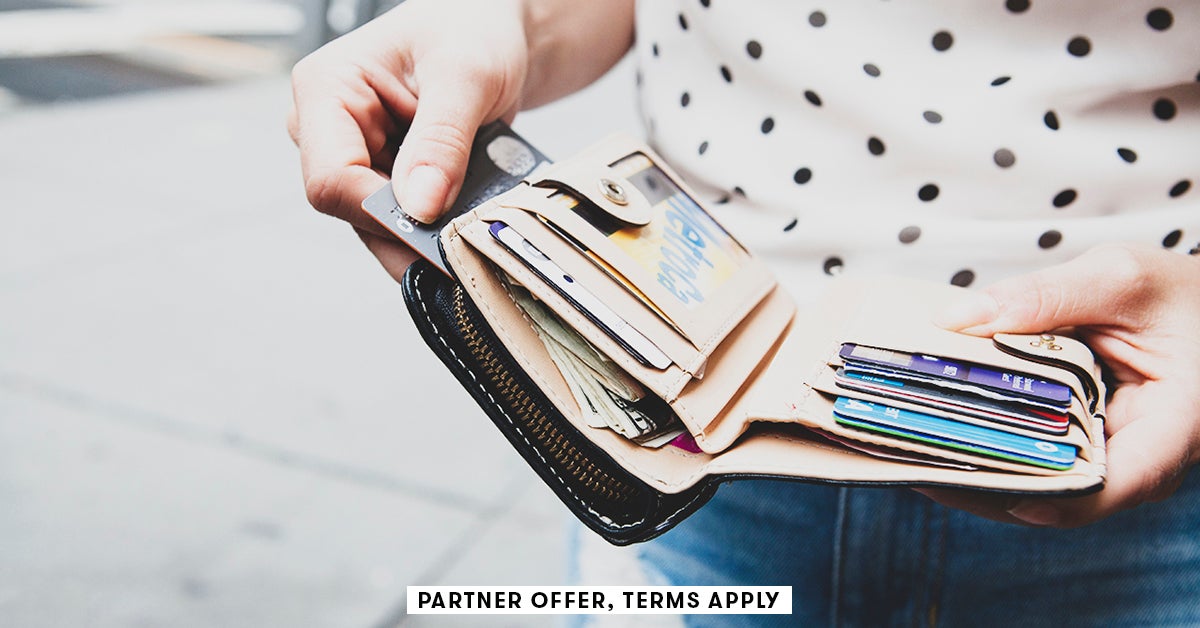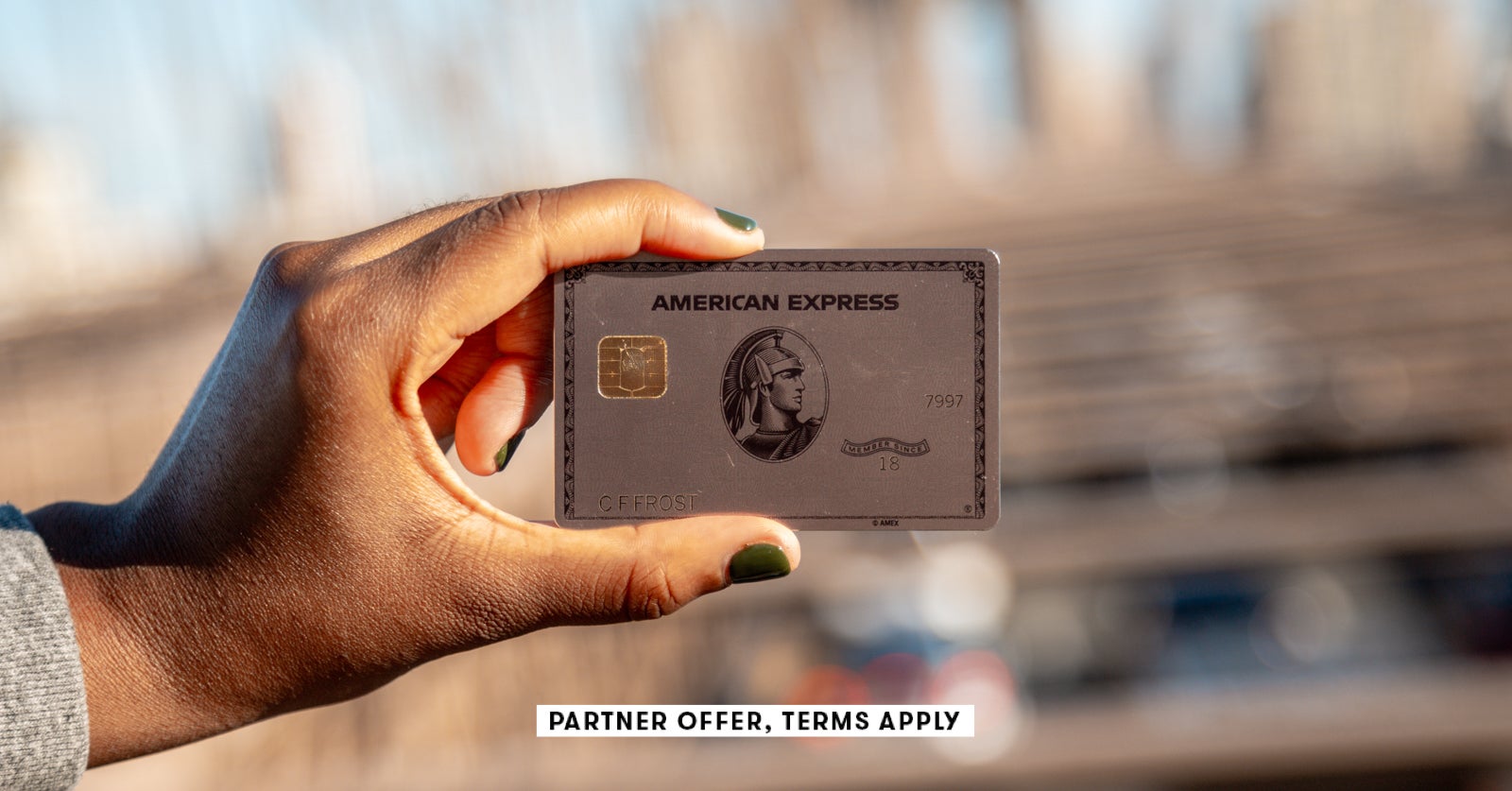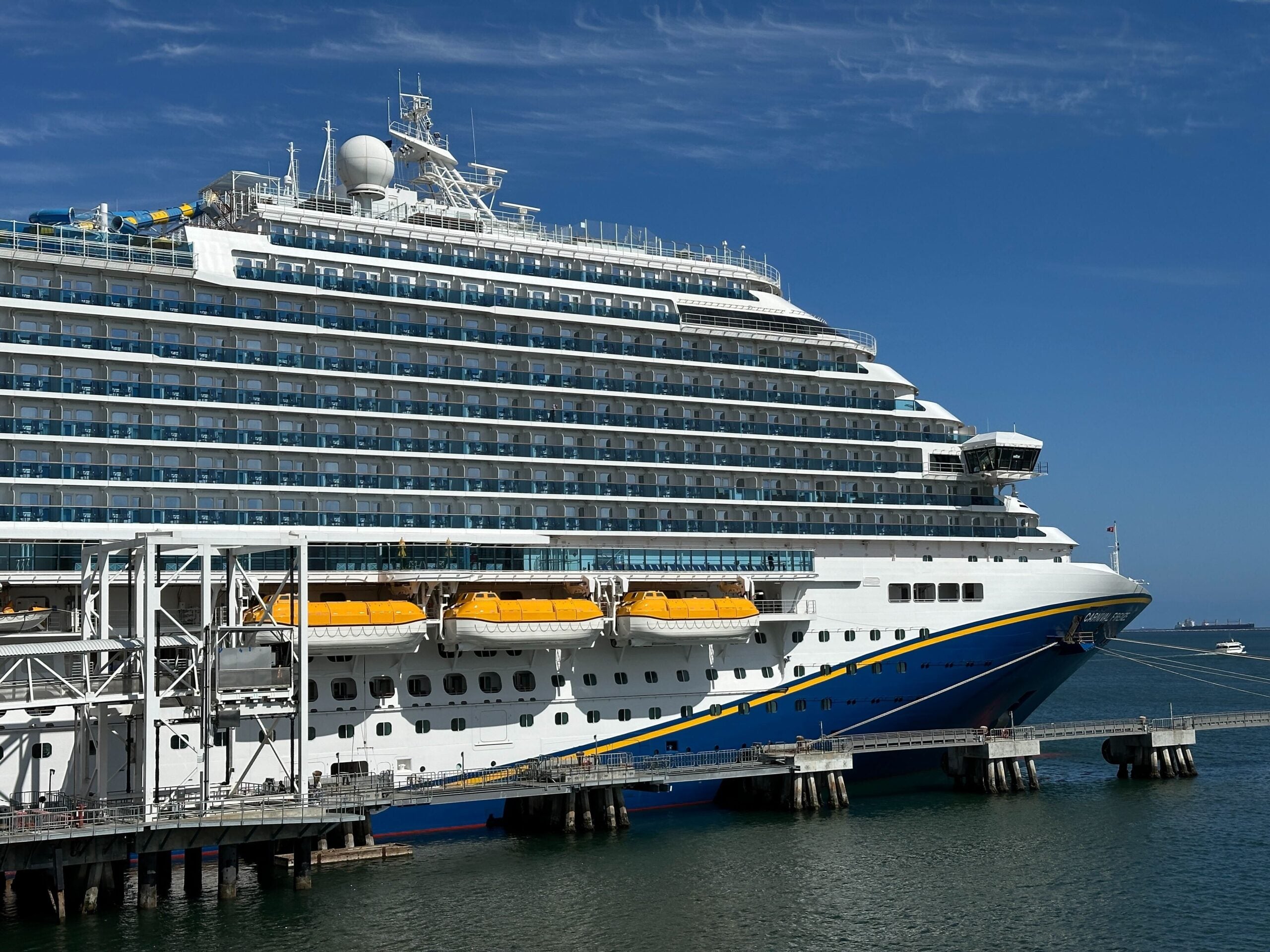Why you should carry a backup credit card while traveling
According to Experian, the credit reporting agency, the average American has four credit cards. However, travel rewards card enthusiasts may differ slightly from the average American regarding credit cards and may carry more than four cards. But if you’re new to points and miles or just taking it slowly, you may not have a wallet full of credit cards.
Whether you’re above, below or on average with the number of credit cards you hold, you probably don’t bring them all with you while traveling. But have you ever thought about how many you should bring and what types?
Let’s dive into why it’s important to travel with at least two cards and some best practices for your backup card, whether you’re traveling within the United States or internationally.
Card network issues
There are four major credit card networks in the United States: Visa, Mastercard, American Express and Discover. Credit card networks facilitate transactions between a merchant and an issuer.
Some, such as American Express and Discover, are both a network and an issuer. On the other hand, Visa and Mastercard are only networks and have various issuers. If you have a Visa credit card, it will be issued by a bank, such as Chase or Bank of America, whereas a Mastercard credit card could be issued by Citi or Wells Fargo.
Visa and Mastercard credit cards tend to be widely accepted in the United States and abroad; American Express and Discover are less so, especially abroad.
Suppose your primary or everyday spending card at home is an Amex or Discover. In that case, bringing a Visa or Mastercard while traveling is a good idea if you encounter merchants that do not accept Amex or Discover.
Or perhaps for the duration of the trip consider using only a Visa or Mastercard, as they are widely accepted. And in the rare instance that a network suffers an outage and you can’t make any purchases, you can switch to a backup card on another network.
Bank or issuer problems
You may also need another card in cases where your primary card is lost, stolen, declined or locked due to a fraud alert. If possible, your backup should be a card from a bank different from your primary card.

Daily Newsletter
Reward your inbox with the TPG Daily newsletter
Join over 700,000 readers for breaking news, in-depth guides and exclusive deals from TPG’s experts
Worst-case scenario, if a bank or issuer flags your accounts for suspicious activity and locks all of your accounts while traveling, you can switch to a card from a different bank. But if all of your cards are from the same bank, you’ll be out of luck until you’re able to clear up the issue with your account, which could get problematic if you’re in the middle of a transaction, in a time crunch, or unable to contact your bank.
TPG credit cards writer Danyal Ahmed had his Citi Premier® Card (see rates and fees) locked by Citi for suspicious activity despite setting up travel alerts while in Hungary. Luckily he was carrying several credit cards and could switch to his Chase Sapphire Reserve®.
Keep a backup card in the hotel room safe
In some cases, like if your card is declined or locked, it would be helpful to have a second card with you at all times to still be able to complete your transaction. However, the general advice is to keep your backup card somewhere secure, like in your hotel room safe. If your wallet is lost or stolen and all your cards are in it, you’ll wish you had set aside at least one card for safekeeping.
Some travelers even go as far as keeping a second, or decoy, wallet. Some carry a decoy wallet with a small amount of cash, and some closed or expired credit cards to fool a mugger or pickpocketer if an unfortunate incident occurs. Others use a second wallet to carry around just the card they need for the day, while the main wallet and other cards remain safe in the hotel room.
With the growing acceptance of mobile payment methods (such as Apple Pay and Google Wallet), even internationally, you may also want to add multiple cards to your mobile wallet. You or a merchant may still prefer to use the physical card, but at least you’ll know the mobile wallet option is there in a pinch.
Should you take more than two cards?
Yes, but if any are lost or stolen, it could be a big headache as you’ll make many phone calls to cancel cards. And who wants to spend their vacation doing that? It’s understandable why you may want to bring various cards if you’re trying to maximize rewards by using multiple cards for different spending bonus categories on your trip, but keep at least one card back in your hotel room safe.
If traveling internationally, you’ll want to ensure your primary card and any backup cards have no foreign transaction fees. We recommend the Chase Sapphire Preferred® Card and Capital One Venture Rewards Credit Card (see rates and fees).
Related: The best cards with no foreign transaction fees
Bottom line
When planning what to pack for your next trip, don’t forget to pack an extra credit card. There are quite a few scenarios during travel where having a backup card can come in handy. At the very least, even if you only use one card during your trip, you’ll have peace of mind that if something goes wrong with your primary card, you still have a way to pay for your purchases.







